
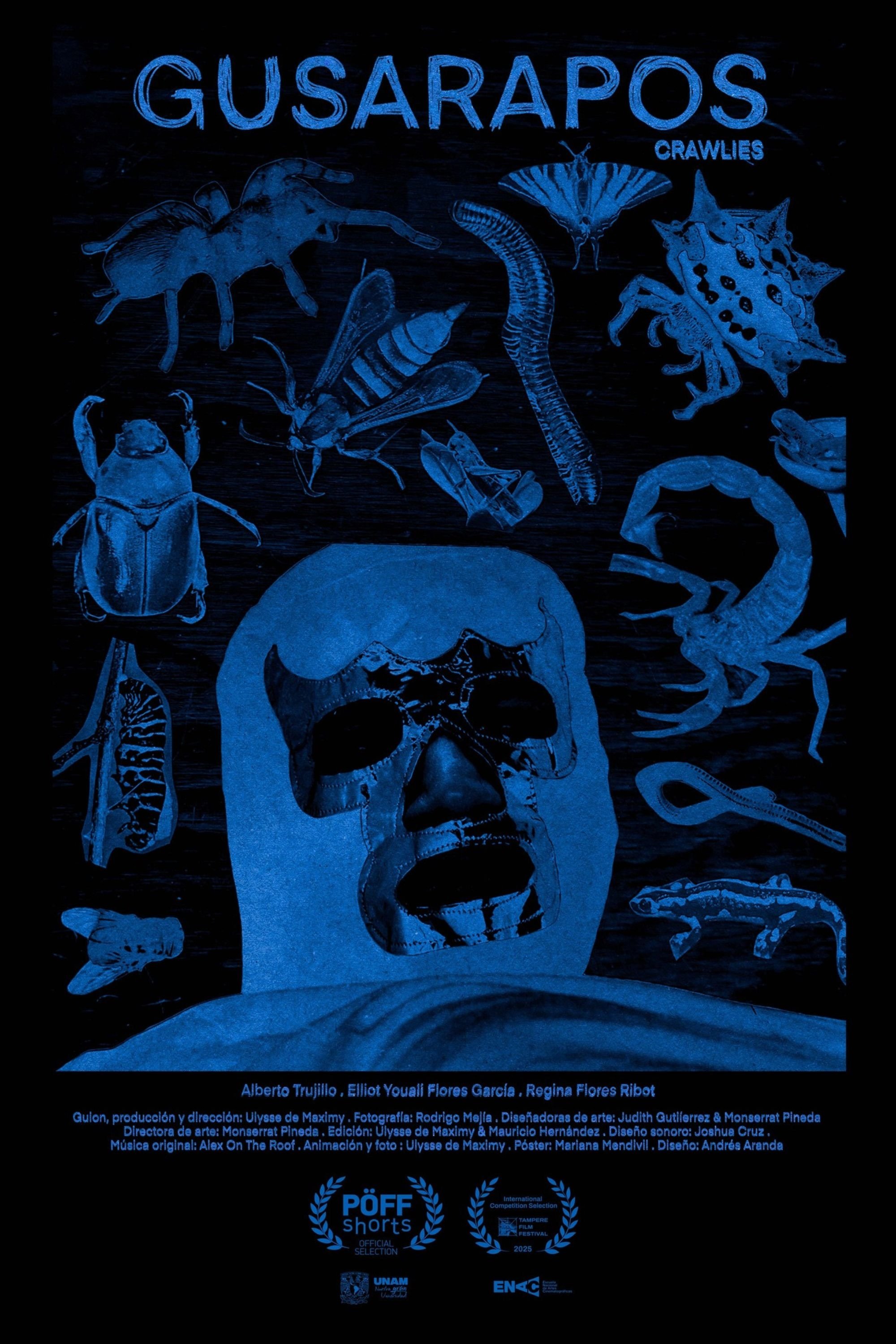
Crawlies is a soliloquy based on voice recordings of my schizophrenic uncle. An audiovisual exercise of mise en abyme that weaves a patchwork of memories from my childhood, of madness and desire.
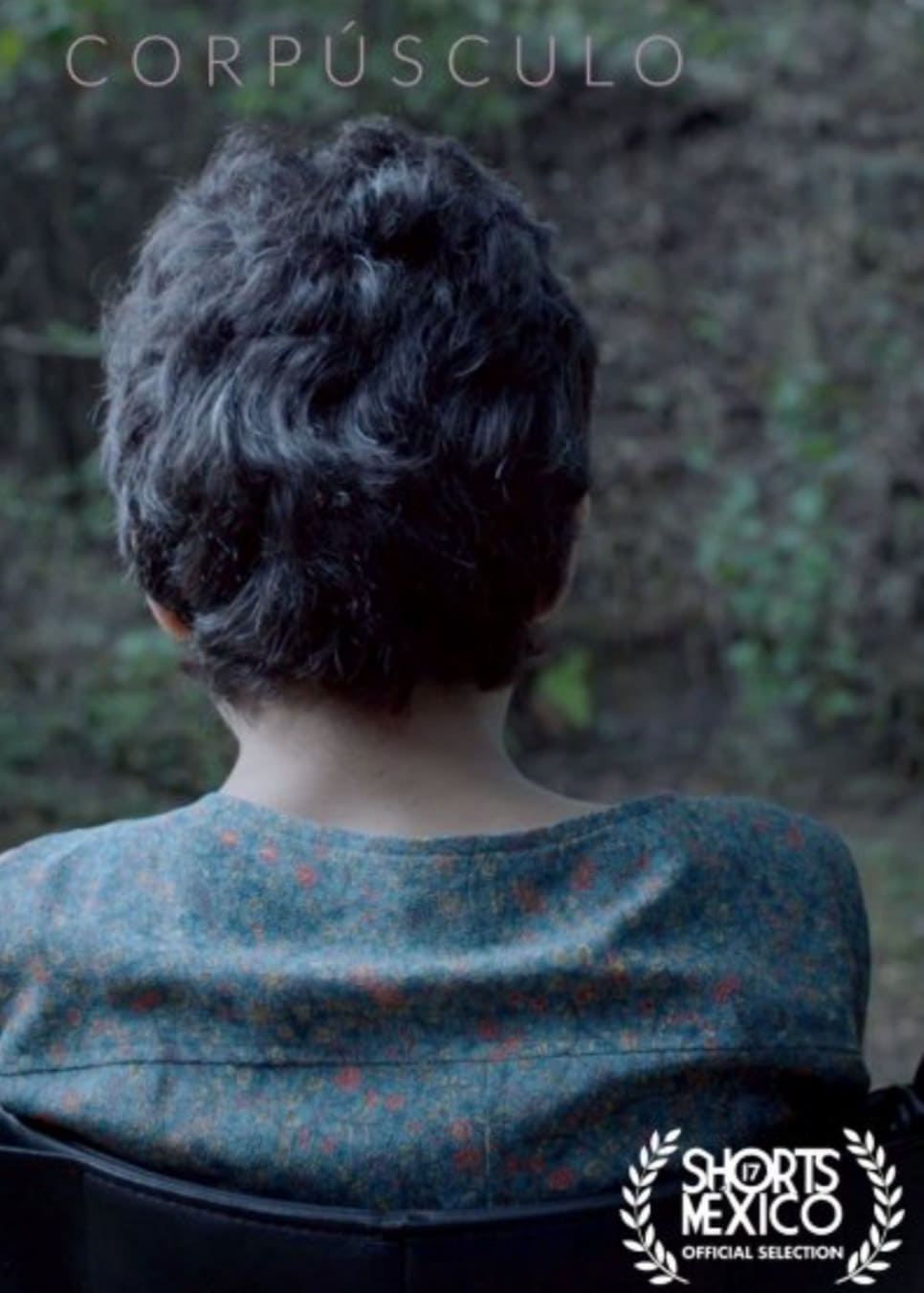
After an unidentified earthquake-like ground shaking, Mara and her nurse are visited by their neighbor. Together, the three women begin to experiment a strange and slow catharsis.

Faced with mounting financial issues, Ana finally decides to tap into her magical ancestry to keep her family together only to discover that meddling in the love affairs of others makes life even more complicated.

Uzi is the name of a firearm, but also is the diminutive of Uziel, who used to be a hitman in his youth. Now he lives crushed by guilt. His crisis deepens when he helps in a childbirth: the force of life fascinates him, and he does not understand how he was able to destroy it in the past.

Sofía, a well-to-do socialite and her husband must wrestle with the impact of Mexico's 1982 economic crisis.
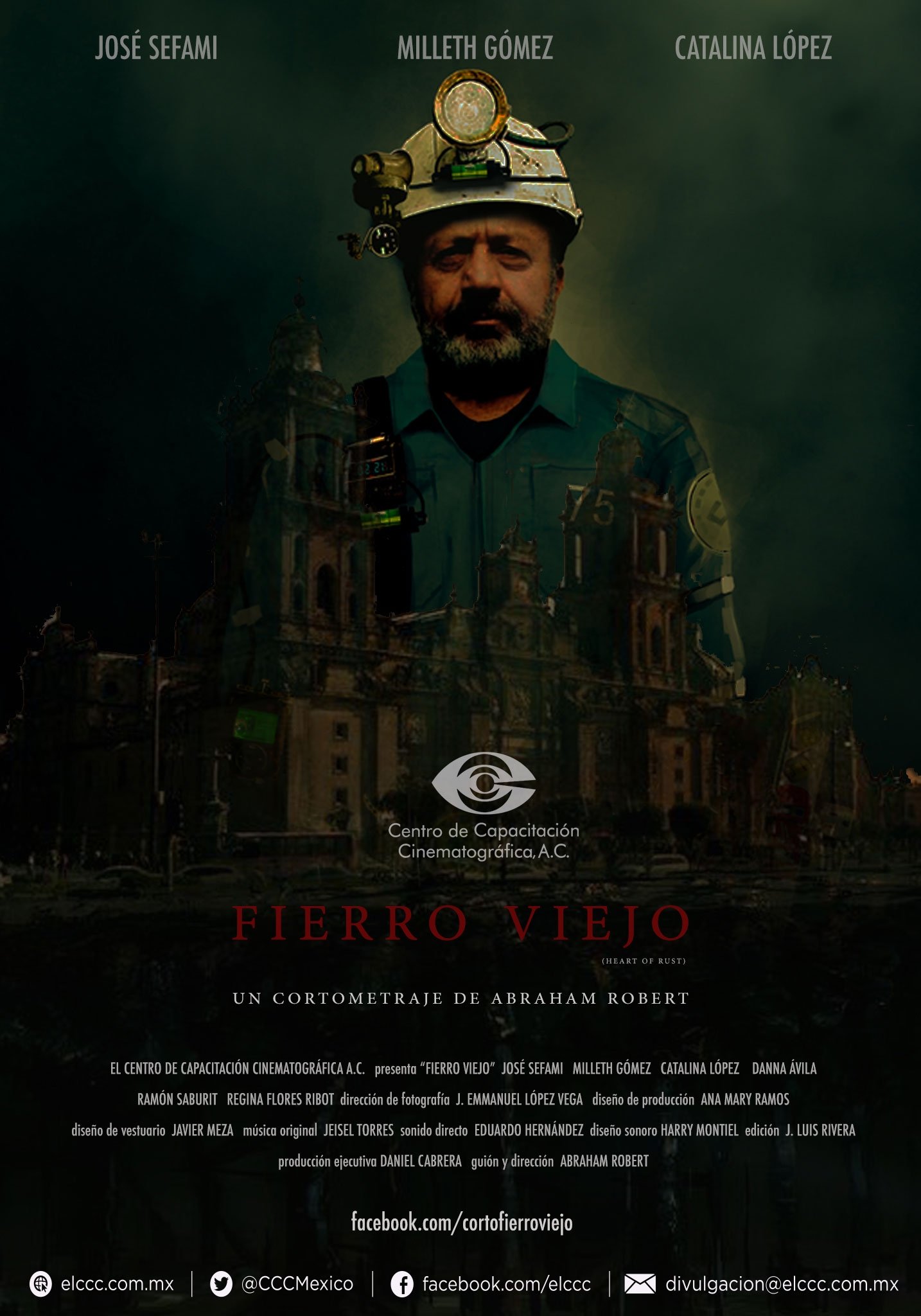
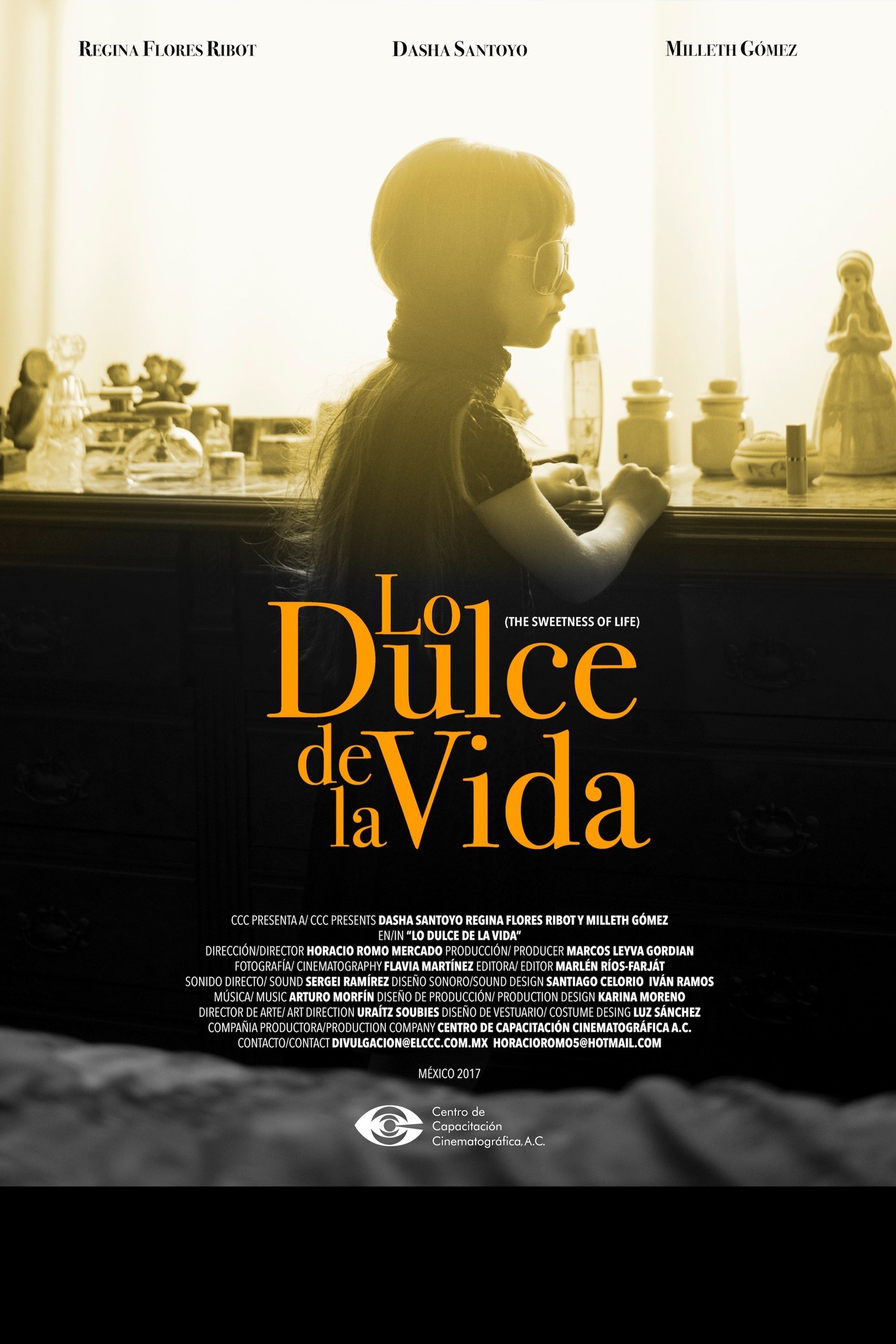
Ana, a 7 year old girl, tries to understand and be a part her grandfathers funeral despite her mothers efforts to keep her away.
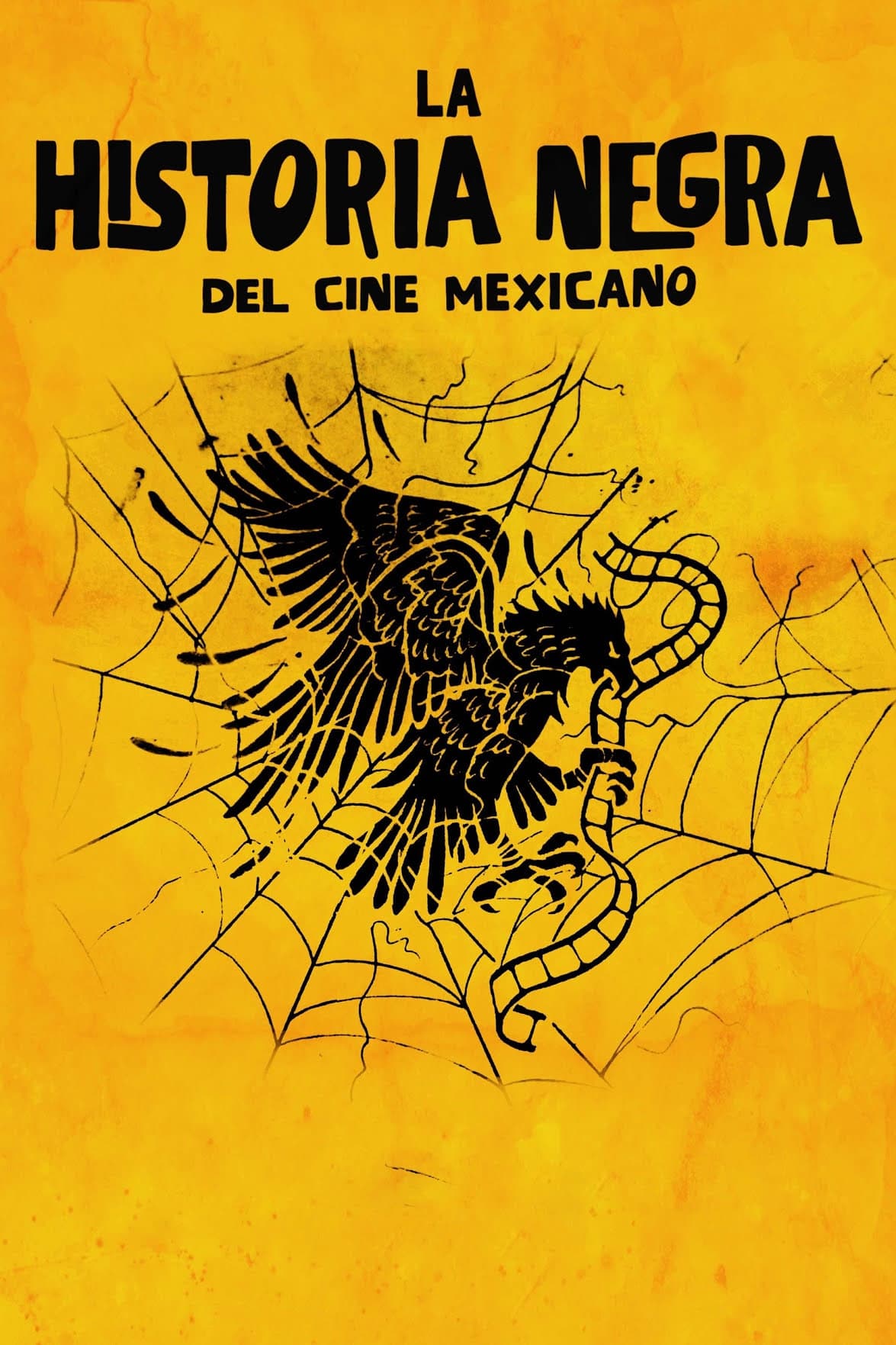
During 1950, Miguel Contreras Torres led a group of filmmakers to officially denounce William O. Jenkins' monopoly on film theaters, which was built throughout the country upon crime and corruption. Ever since, Uncle Miguel was ridiculed and eventually forgotten, but it is certain that his proclaim announced the separation of Mexican cinema and its audience. Discoveries may be found in the films made by Miguel, and bringing back to life these moving pictures might recover this history that was never told, a story that is almost lost and that Contreras Torres himself tried to pass on through his writings in The Black Book of Mexican Cinema.
By browsing this website, you accept our cookies policy.